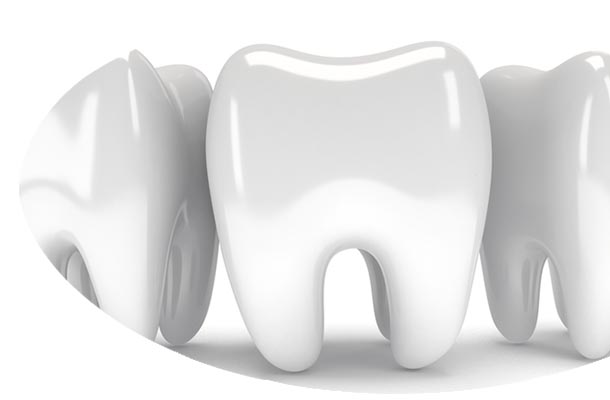Tooth Enamel
6 October 2017 | Admin



Tooth enamel is the hardest and most highly mineralised substance in the human body. It covers the outer layer of each tooth and is mostly made up of minerals - primarily hydroxyapatite. Because it is semi-translucent, the colour of enamel can vary from light yellow to a grayish white, dependent upon its thickness.
Enamel plays a very important role in protecting teeth from decay and sensitivity, so it is important to prevent it from erosion. It forms a strong barrier that shields the inner dentine layers of teeth from the effects of acids and plaque, and protects against sensitivity to hot and cold foods and beverages.
Once lost, tooth enamel cannot be replaced. It is unable to regenerate because, unlike other parts of the body, it does not contain any living cells.
To protect tooth enamel it is best to limit the intake of damaging sugary foods and acidic beverages. These foodstuffs stick to the teeth surfaces and combine with bacteria in the mouth to produce acids that can dissolve tooth enamel; hence it is important to clean teeth regularly and remove these foods before they can cause damage. Biting on hard materials like boiled sweets and toffee can cause the enamel to crack or chip and should be avoided.
Regular visits to the dentist, coupled with good oral hygiene habits, such as flossing and regular brushing with toothpaste containing BioMin™, providing slow but long release of Fluoride, (such as BioMin™ F) can reduce the risk of enamel loss and subsequent tooth decay and sensitivity.